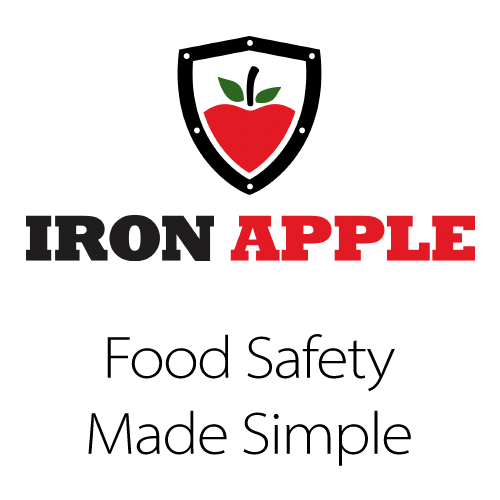Understanding FSMA – Video Series
4 of 4 FSMA Enforcement and What This Means for Carriers, Shippers, Brokers
The FDA has been mandated to double their inspections, year over year, for at least 4 years. For the first time, carriers will be subject to these inspections and will have FDA agents calling them to book appointments for inspections, and they’ll also be subject to border-crossing inspections and road stops.
NEXT STEP: What options do I have to meet FSMA requirements? VIEW SOLUTION
SUMMARY:
FSMA Enforcement: The FDA has been mandated to double their inspections, year over year, for at least 4 years. For the first time, carriers will be subject to these inspections and will have FDA agents calling them to book appointments for inspections, and they’ll also be subject to border-crossing inspections and road stops.
The carrier is now unreservedly responsible for the compliance of these new rules, and could potentially be held accountable for any preventable illnesses that are linked-back to their own food transportation practices. In addition to the inspections, it is widely assumed that financial charges will be a big part of these penalties, in order to cover the costs of running the program.
Words from Marc Sanchez, FDA Attorney and leading voice in understanding FSMA
Marc says:
“The FDA will continue the inspection process as they have always done, but rather than do that to foreign and domestic manufacturers, it’s now going to do that to carriers as well. So carriers, for the first time, will have this experience of an FDA agent calling and scheduling a meeting, wanting to come and look at the facility, wanting to come look at records, and wanting to verify compliance. One of the unique features of FSMA is in the statute, not in the rulemaking but in the statute. Congress, when they passed this law, gave the FDA a mandate to double the amount of foreign inspections each year, for a period of either 4 or 8 years, once FSMA was in effect. So the emphasis will be on foreign manufacturers and part of that will be foreign supplier verification, part of that will be the sanitary transportation. It’s not covering sea and air transportation, but those that are coming by rail and truck that fall under that mandate. It will be interesting to see the number of inspections or carriers that fall under that type of mandate.”






